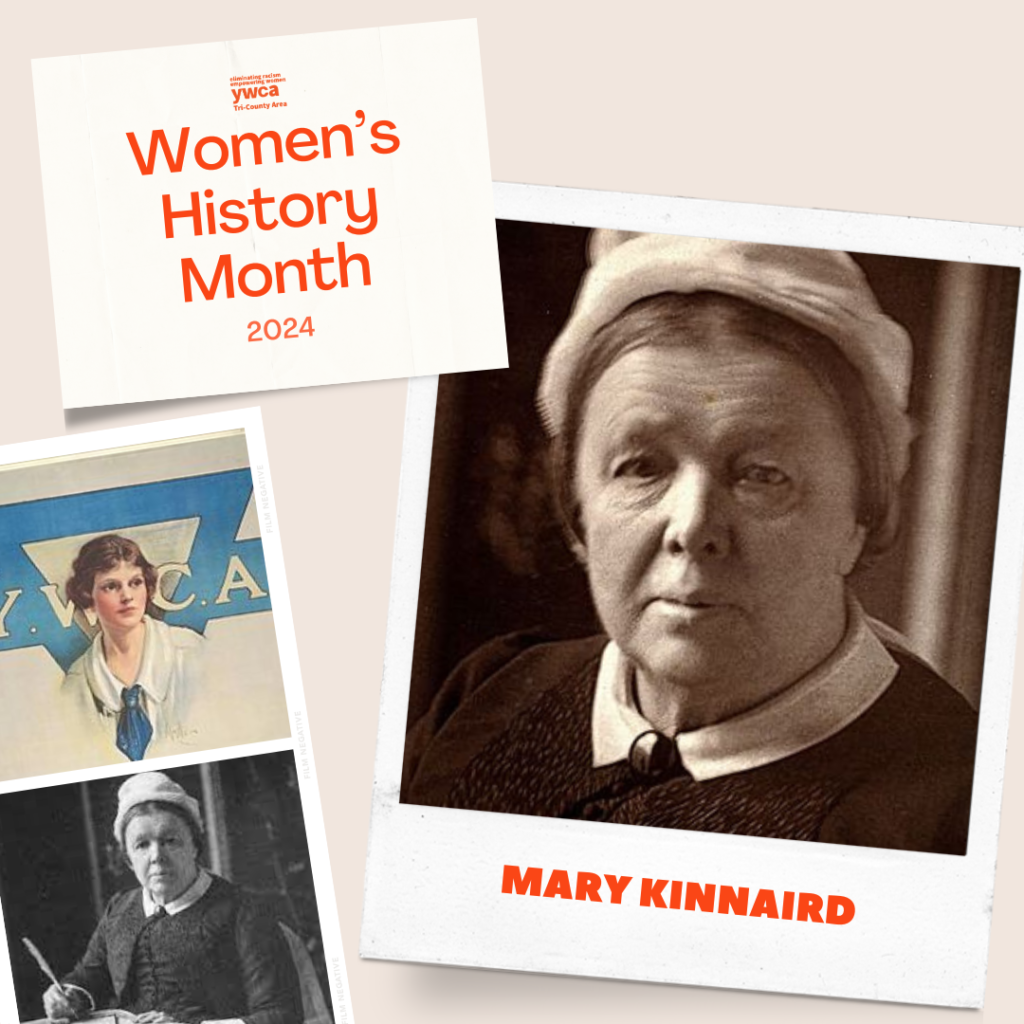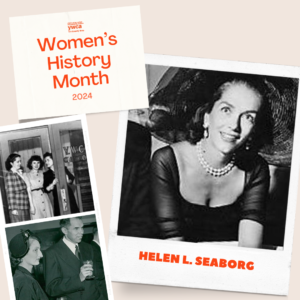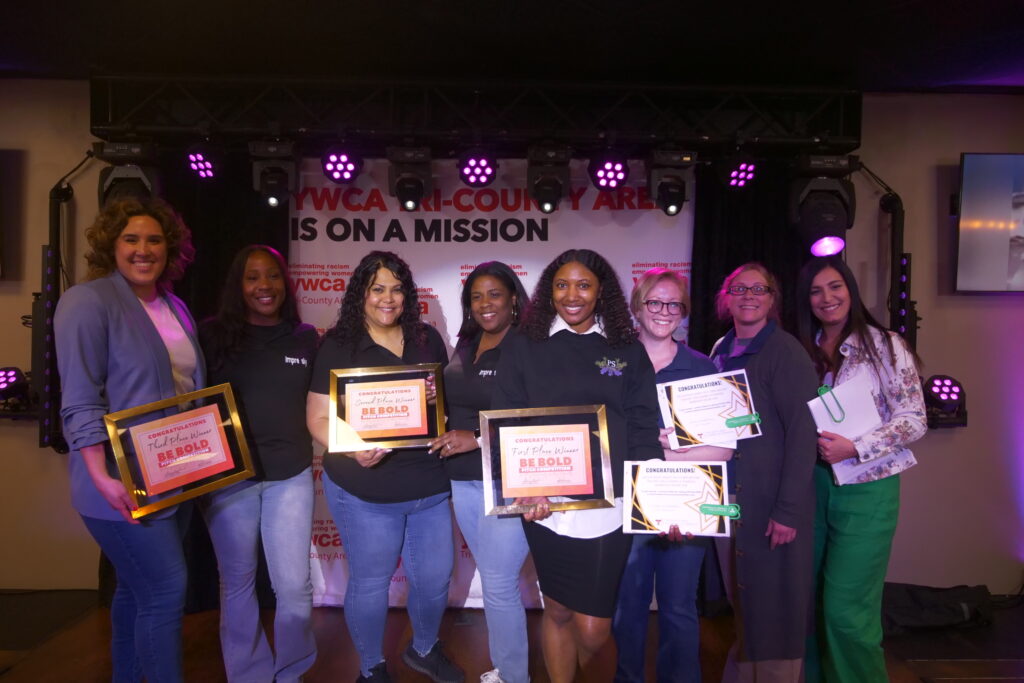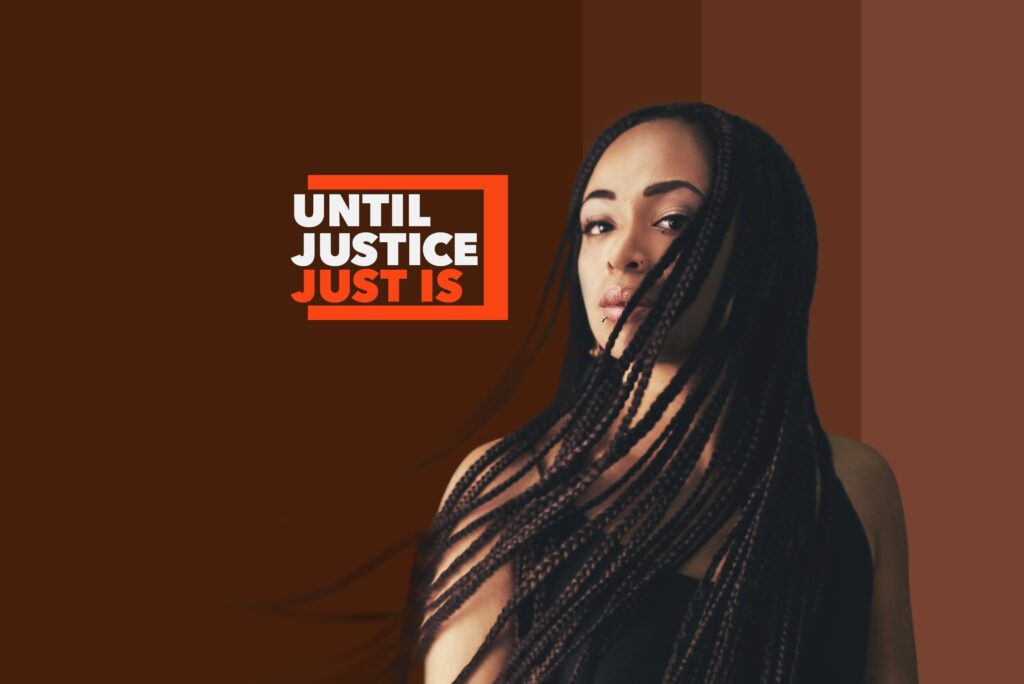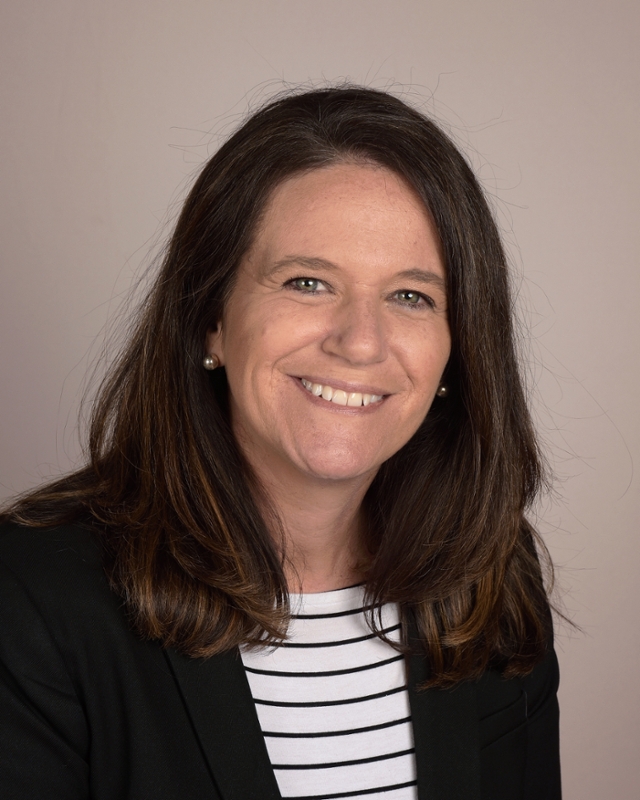Throughout this month, YW3CA will be highlighting some remarkable women who have been working hard to eliminate racism, empower women, and create a better world for all of us.
YWCA has a long and rich history that is filled with stories of women who have dedicated their lives to advancing civil rights for all women. These women have paved the way for a movement focused on empowering women and eliminating racism. Today, the YWCA Network is present in over 120 countries and 20,000 local communities.
As we celebrate Women’s History Month in 2024, YW3CA pays tribute to the legacy and impact of our foremothers, who have played a crucial role in shaping this movement.
Mary Kinnaird: YWCA Founder
Lady Mary Jane Kinnaird established the North London Home to found the United Association for the Christian and Domestic Improvement of Young Women in 1855. By 1871, Kinnaird had expanded the original local to include four institutes and two homes. Later, Kinnaird joined forces with Emma Robarts and the Prayer Union and formally re-established the Young Women’s Christian Association. Now known as YWCA.
After Robarts died, Kinnaird founded the Women’s Emigration Society, and later YWCA would expand to support emigrants. Since then, the YWCA has dropped its religious affiliation but maintained its dedication to the improvement of young women. Today it is reflected in our modern mission as “empowering women”.
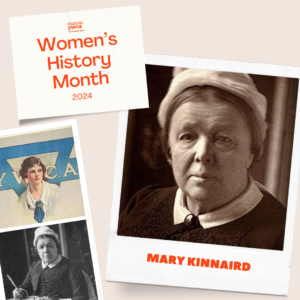
Eva Del Vakia Bowles: First Black Woman Employed by YWCA USA
In 1905, YWCA established its presence in New York City, serving white Christian women. Eve Del Vakia Bowles worked closely with the Colored YMCA to expand YWCA’s services to meet the needs of black women. Later that year, Bowles became the first black woman to be employed at YWCA. She continued her work to desegregate YWCA and increase the representation of black staff. For 18 years, Eva tirelessly worked to increase diversity and improve YWCA services. She was recognized for her hard work and contributions by President Theodore Roosevelt.
In 1946, YWCA centers across the US were desegregated. Since then, YWCA has become one of the longest-standing advocates for women and girls of color. Today, their mission reflects this work to eliminate racism.
Mary Jane Kinnaird and Eva Del Vakia Bowles played a significant role in inspiring and laying the foundation for the modern-day mission of YWCA. However, two other women, Dr. Jewel Freeman Graham and Helen Seaborg, also made important contributions to the organization during the period of desegregation.
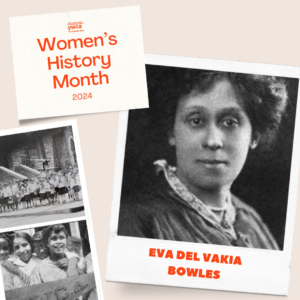
Dr. Jewel Freeman Graham and Helen Seaborg.
Both Dr. Freeman Graham and Helen Seaborg had utilized YWCA services when they were young girls. Dr. Freeman Graham joined YWCA as a teenager and, through her hard work and dedication, moved up in the organization. Eventually, she became the second black woman to be elected president of YWCA in 1970. During her presidency, YWCA officially adopted “to eliminate racism wherever it exists and by any means necessary” as part of its mission. She went on to become the second black woman to be elected President of the World YWCA.
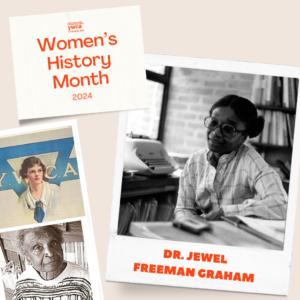
At the same time, Helen Seaborg was making strides in the desegregation of YWCA in Washington D.C. As an advocate for child welfare, Seaborg served on the board of directors of YWCA. She felt indebted to the organization since they had helped her through her own periods of childhood poverty. She worked as a mediator between the two racially segregated YWCA organizations in Washington D.C. After several years of work she successfully achieved their integration.
All four of these women were integral parts of YWCA’s history and important influences on our current mission: “Eliminating racism, empowering women, and promoting peace, justice, freedom, and dignity for all.” Today and every day we honor their legacies through the work we do to move our mission forward.

